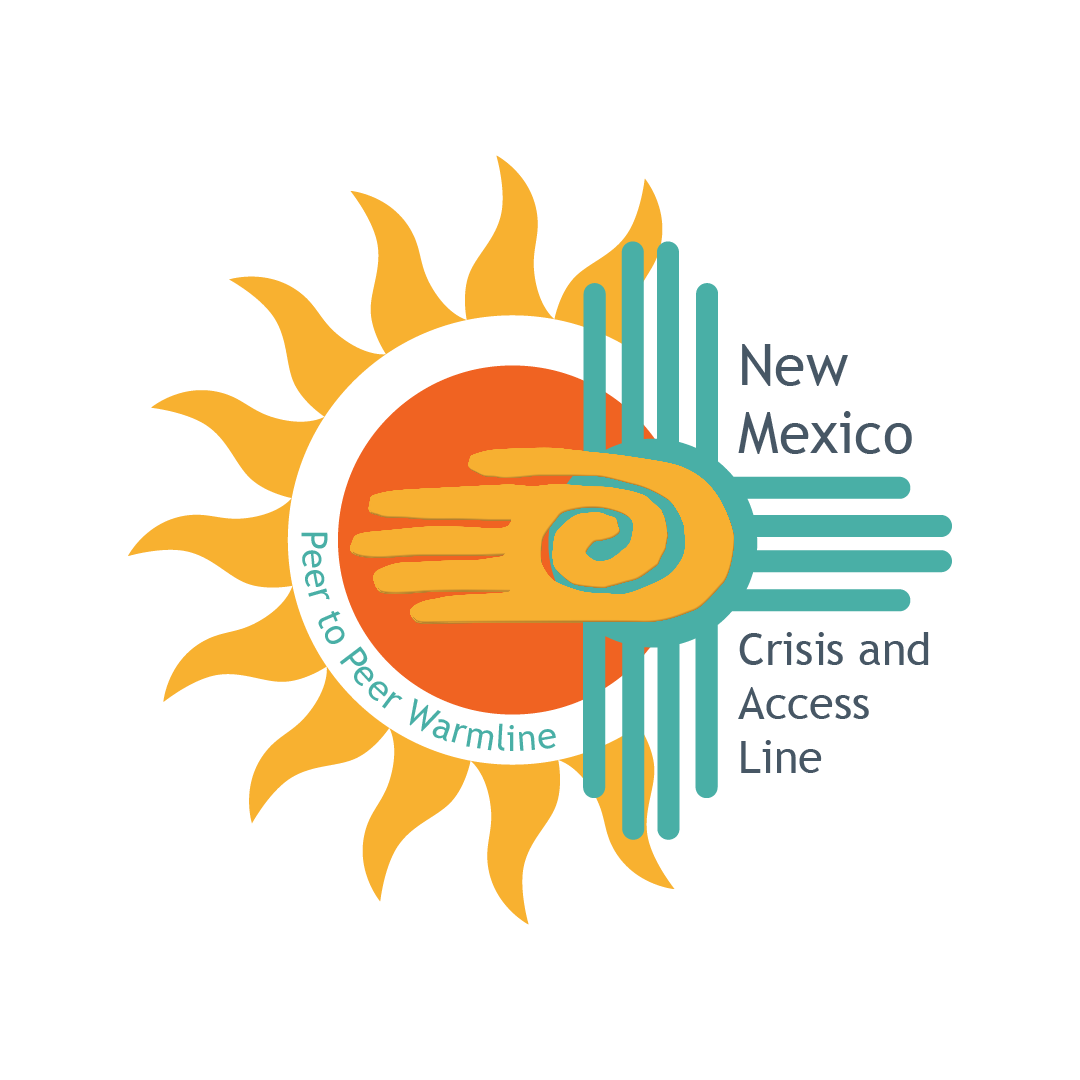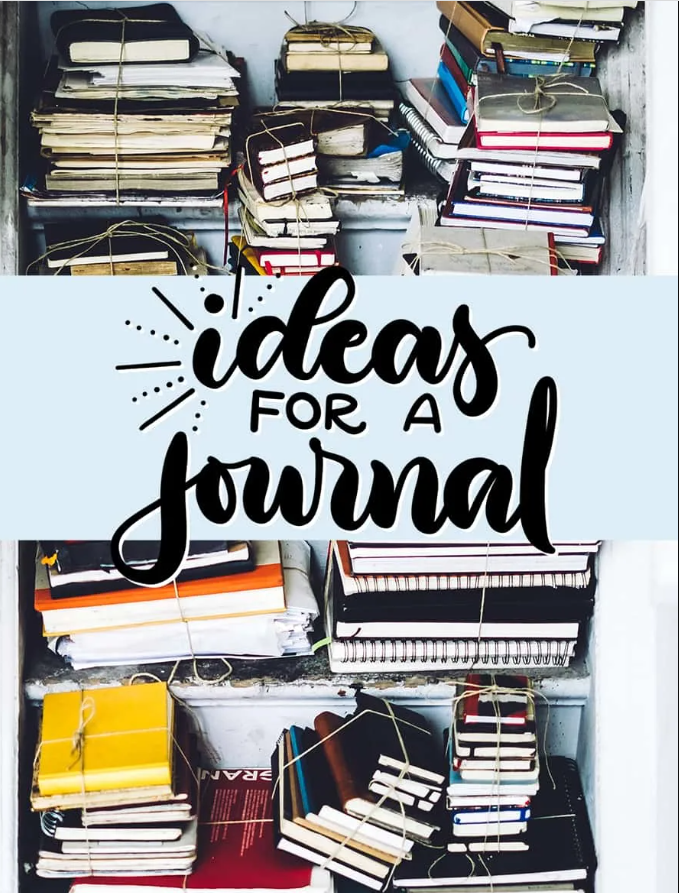National Relaxation Day is celebrated on August 15th and encourages us to slow down and unwind, focus on taking care of ourselves, and reminds us to take a moment to take a break from the fast-paced and often hectic lifestyles we live.
Studies have proven that stress can be harmful to our health, both mentally and physically. Taking time to recuperate and rejuvenate our tired minds and bodies may help prevent health risks. Most doctors will agree that finding ways to relax and finding ways to reduce stress will improve overall health.
So, what is your favorite relaxation activity?
- Reading a book
- Fishing with a friend
- A picnic in the park
- Walking along the beach
- Taking a drive in the country
- Spa
- Golfing
- Photography
- A movie
- Window shopping
- Lunch with friends
- Drinks with friends
- Watching sports
- Swimming
- Taking a deep breath
- Unwinding while viewing your favorite TV show, or
- Just finding a quiet spot in a park and enjoying the summer breeze.
These are just a few of the many possible relaxation ideas that you may want to use to engage in today. Here are 9 more simple ways to relax that you might find helpful to incorporate into your daily lives.
1. Meditation: With several types of meditation available, picking one that’s right for you isn’t all that difficult. Explore your options for mediation and begin incorporating it into daily practice.
- Many self-guided mediations focus on breathing and clearing minds. They may also focus on an object or a thought that serves as an anchor. Through guided meditation, you receive gentle verbal prompts that, over time, you can practice on your own. Guided mediation can be provided in a private session, or you can download a guided mediation session.
- The practice of yoga is also meditative. A session of yoga focuses on breathing and each area of a body. At the end of a session, you settle into the relaxation pose.
- Prayer also offers a meditative experience. In daily practice, prayer has shown to relieve stress and bring internal peace.
2. Progressive muscle relaxation: A regime called progressive muscle relaxation (PMR) has been shown to relieve stress and anxiety. The technique involves tensing and then relaxing one muscle group at a time in a specific and progressive order. It also includes concentrating on our breathing. Whether you begin at your toes or your head, continue in the same direction after each muscle group. As you tense, inhale. Hold the tension for 5-10 seconds, then exhale and release the tension quickly. Relax for 10-20 seconds between muscle groups. Mentally focus on the muscles and imagine the stress and tension leaving your body. Daily practice for only 10-15 minutes may help with blood pressure, insomnia, and pain.
3. Get physical: Exercise is well-documented as an excellent stress-reliever. Part of the reason is that it releases several hormones, including ones that are known as “happy hormones.” Now, have you ever met a stressed, happy person? Exactly. Getting our heart rate up and circulating more oxygen to your brain also improves your health and helps to clear your heads. Whether you go for a walk, swim or rake the yard, getting a physical workout will help lower stress levels.
4. Take a Hot Bath: Pain causes people to set limits on themselves. You may become anxious about the things you can’t do. It also impacts relationships, limiting freedom to participate in activities we once enjoyed. Pain saps our energy and motivation, too. One of the best benefits of taking a hot bath is pain relief. If a hot bath can alleviate a fraction of your pain, imagine the stress that comes with it falling away, too. Some of the other ways a hot bath helps to relieve stress are by improving your circulation and relaxing tense muscles.
5. Stretch: Stretching those achy muscles does more than help prevent future injuries. When you’re stressed, you tend to hold tension in the same muscle groups. By stretching those areas, you help to release that tension and also improve blood flow throughout the body. It can also help decrease pain, and as already mentioned, pain leads to stress.
6. Talk to yourself: No, it’s not a sign that you’re losing your mind. Talking to yourself, especially when stressed, can help you to relax in multiple ways. When you’re angry, worried or overwhelmed, talking to yourself offers a way to manage those emotions. In a sense, you’re talking yourself down from what might feel like a disastrous ledge. It helps you to organize your thoughts and provides an opportunity to express your feelings without being judged for them. You can even compose the words you really want to say when the time comes. Talking to yourself can also provide you with a much-needed pep-talk. If you’re nervous, you can infuse positive thoughts and encouragement into your day. However, if you catch yourself saying negative things about yourself, that’s no way to relax. Rechannel those words in a positive direction.
7. Make a list: Making lists does many things. It can organize your thoughts or keep you from forgetting something important. Lists also give you a plan. And as much as you may enjoy winging life, a list can even help you do that a little better. The types of lists you make may also make the difference. For example, if you love camping, keeping a list of the things you need to take or replenish allows you to more freely take off for a relaxing weekend without worrying that you forgot something. That is, if you remember to check the list. To-do lists keep you organized. You can more easily prioritize your day and your tasks. It can also be satisfying to mark off the ones you’ve completed. A list of medications in your wallet comes in handy when you’re visiting a new doctor. It can be stressful trying to remember some of those complicated names, especially when you aren’t feeling well. So make a list and let the relaxation begin.
8. Ask for a hug: When you have an especially stressful day, sometimes a hug makes all the difference. Believe it or not, hugs also release hormones, good hormones. Oxytocin helps to calm you, brings about pain relief, and reduces anxiety. Ask for a hug from your partner, children, or a trusted friend. You can also hug a pet. While they may not hug you back, snuggling with a pet offers many of the same benefits of a hug. The recipient will benefit, too. And when hugs from another may not be accessible, it’s still possible to receive the benefits of a hug. Since hugs apply gentle pressure, using a weighted blanket can serve as a substitute when hugs just aren’t possible. Just a few minutes a day wrapped in the comfort of a weighted blanket can reduce anxiety and improve sleep.
9 Talk to someone. Everyone needs talk it out every once in a while. Because if you don’t open a lid periodically, the steam can build up and cause you to feel even more stressed. Talking about your problems can release pent-up feelings. Talking to someone outside of the situation may help you to find a solution to the problem. If you don’t think you can discuss the problem with anyone you know, you can call a confidential telephone counselling service. There is always someone here to hear you and talk to at the New Mexico Crisis and Access Line (855-662-7474), or on the Peer-to-Peer Warmline (855-466-7100).










